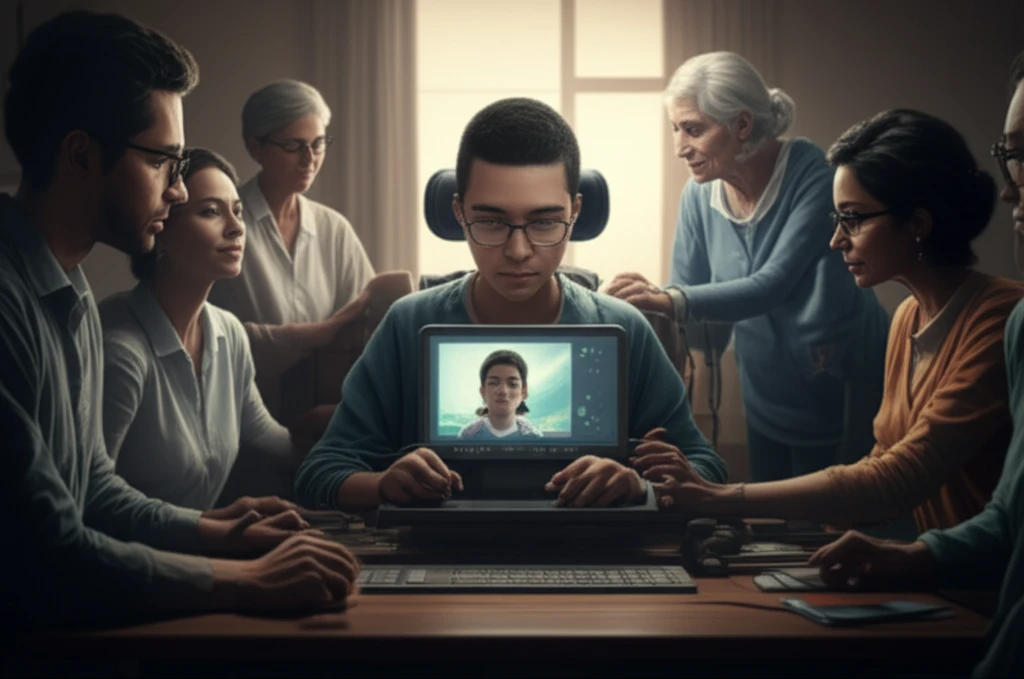
Decoding ALS: A Comprehensive Guide to Impaired Verbal Communication
"Understanding the Challenges and Finding Supportive Solutions for Amyotrophic Lateral Sclerosis Patients"
Amyotrophic Lateral Sclerosis (ALS), often referred to as Lou Gehrig's disease, is a progressive neurodegenerative condition that affects nerve cells in the brain and spinal cord. As motor neurons degenerate, the brain loses its ability to initiate and control muscle movement. While the physical impacts of ALS are well-recognized, the challenges it poses to communication are often underestimated.
One of the most distressing aspects of ALS is its potential to impair verbal communication. As the disease progresses, individuals may experience increasing difficulty speaking, expressing themselves, and connecting with loved ones. This communication barrier can lead to feelings of isolation, frustration, and a diminished quality of life for both patients and their families.
This comprehensive guide aims to shed light on the complexities of impaired verbal communication in ALS. We'll explore the specific challenges individuals face, delve into diagnostic insights, and provide practical strategies to support effective communication and maintain meaningful connections throughout the course of the disease.
Understanding the Communication Challenges in ALS

ALS affects communication in various ways, primarily due to the weakening of muscles responsible for speech. This can manifest in several specific difficulties:
- Express needs and preferences
- Participate in conversations
- Maintain social connections
- Engage in work or hobbies
- Share thoughts, feelings, and experiences
Empowering Voices, Strengthening Connections
While ALS presents significant challenges to verbal communication, it's important to remember that communication extends far beyond spoken words. By understanding the specific difficulties individuals face, exploring alternative communication methods, and providing unwavering support, we can empower those living with ALS to maintain meaningful connections and continue to express themselves fully. Open communication, patience, and a willingness to adapt are key to navigating these challenges and fostering a supportive environment for individuals and families affected by ALS.
